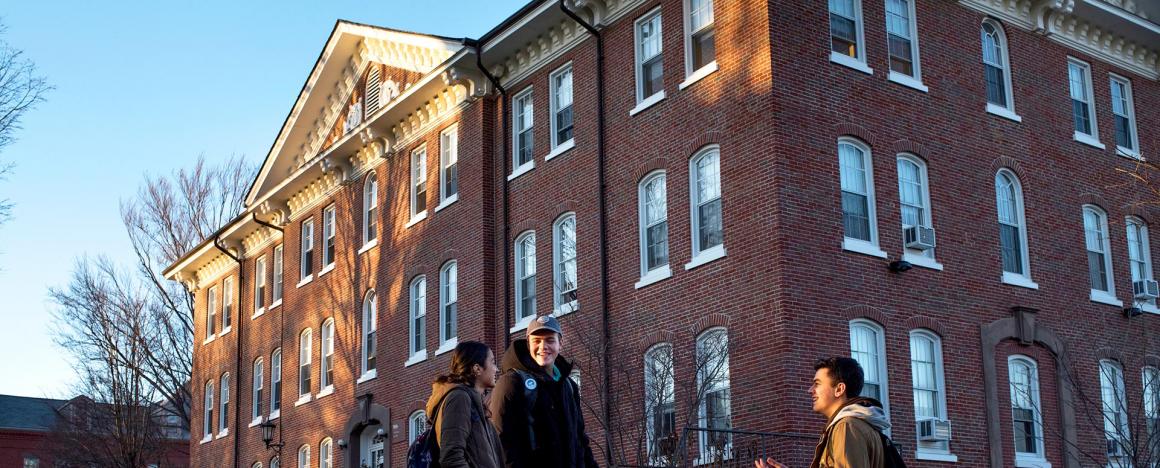About

The study of history reveals the past, enlightens the present, and influences the future. Historians seek to understand how nations, societies, and individuals have lived and thought, and why they have behaved the way they did. Supplying the context that informs art, ideas and institutions, history illuminates all of human experience.
Trained to examine evidence carefully and evaluate received interpretations of the past, our students construct their own understanding of historical processes, building arguments from primary sources, historians' writings, and appropriate theoretical literatures. In history you also write gripping narratives, empathize with the experience of people who have gone before and re-imagine past worlds.
Tufts History faculty promotes a diversity of approaches and ways of understanding the past. From the history of medicine, to labor and migrant histories, to transnational and global approaches, to the study of gender and sexuality, to histories of everyday life and material culture, our courses challenge students to analyze historical material.
The Department of History offers courses for students at a variety of different levels in the field. General surveys (numbered below 100) cover entire periods, fields or geographic areas, while thematic courses (numbered 100 to 189) provide more specific comparative or regional perspectives. Foundation seminars, announced each semester (numbered 90 to 97), introduce undergraduate majors to the historian's craft; research seminars (numbered 190 to 197) provide them with the opportunity to practice it through a significant research project. Students interested in specialized work are encouraged to explore independent study or to consider the option of writing a senior honors thesis.
For undergraduate students, the department offers a major or a minor in History. For graduate students, we offer an MA in History and an MA in History and Museum Studies as well as a PhD program with tracks in both Modern South Asia and Global History.
